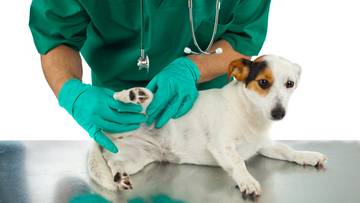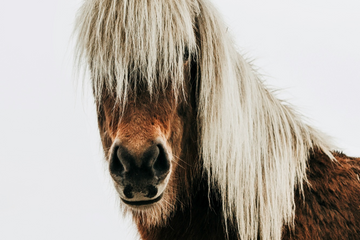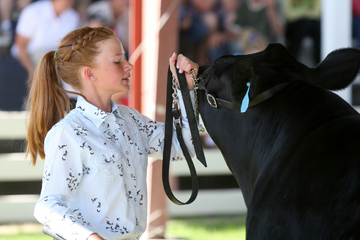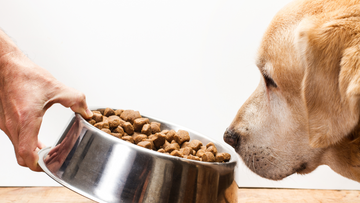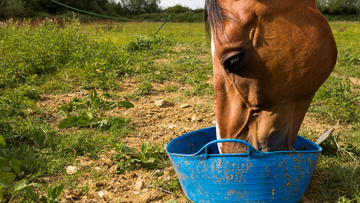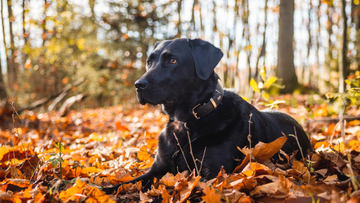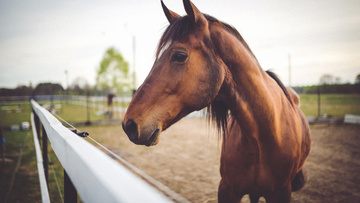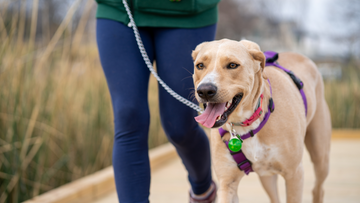Equine colic is an extremely common disorder of the digestive system in horses and it can be life threatening. The term colic means abdominal pain and the condition can affect various areas of the digestive tract for numerous reasons. It can happen in all types of horses at any age varies from a mild discomfort that eventually resolves itself, to something more serious that requires medical treatment or surgery.
Colic indicates a problem with the gut itself or other organs within the abdomen. There are many causes for colic, but generally they are related to the anatomy and the micro-flora of the horse’s gastrointestinal tract.
Here are a few of the main causes:
- Moldy feed
- High grain-based diets
- Abrupt change in feed
- Parasite infestation
- Lack of water consumption
- Sand ingestion
- Long term use of NSAIDS
- Stress
- Dental problems
Symptoms of horse colic:
- Pawing
- Rolling
- Looking or biting at flank
- Bloating
- Sweating
- Distress
- Uneasiness
- Loss of appetite
- Lack of gut sounds
- Elevated pulse rate
Treatment:
Since there are several different types of colic out there, treatment must be decided based on the type of colic so it can be corrected. You should ALWAYS call your veterinarian. They can determine the severity of the colic and decide if surgery is necessary. While you wait for your vet, you can:
– Observe your horse and monitor vital signs
– Listen for gut sounds periodically
– Watch for the passing of feces
– Remove all access to feed
– Let the horse rest, however if the horse is rolling, walk him so the twists do not get any worse
– Do not administer any medication without your vet’s approval.
Prevention:
Once you have figured out the cause and have treated the colic, prevention measures are rather self-explanatory.
– Keep your horse fed on a regular schedule
– Do not make any sudden changes in feed
– Keep a fresh water supply readily available
– Keep hay and grain free of mold – if it is moldy, throw it away!
– Get your horse’s teeth checked periodically
– Make sure at least 50% of your horse’s diet is forage
– Keep feed off the ground to avoid sand ingestion
– Worm your horse regularly to avoid parasite infestation
For extra prevention,
SmartDigest® Ultra Pellets from Smartpak can aid in helping with colic. Smart Digest Ultra Pellets are specially designed to help your horse manage digestive stress caused by hay fluctuations, training, travel and more.
In addition to SmartDigest, Benefab’s®
Rejuvenate SmartScrim can also help with colic in horses to alleviate pain and inflammation and help stimulate oxygen flow. The sheet is breathable mesh infused with far-infrared emitting minerals that reduce recovery time, promote blood circulation, and increase oxygen flow. It emits far-infrared rays in conjunction with over 80 magnets poised over specific acupuncture points that keep muscles, joints, tendons, and ligaments soft and relaxed. The light, flexible design provides ultimate ease of use for relief when your horse needs it most.







